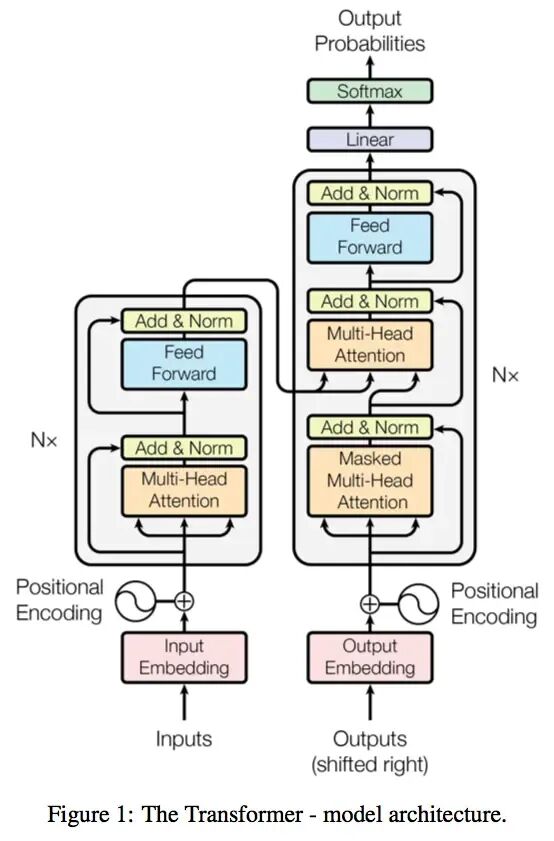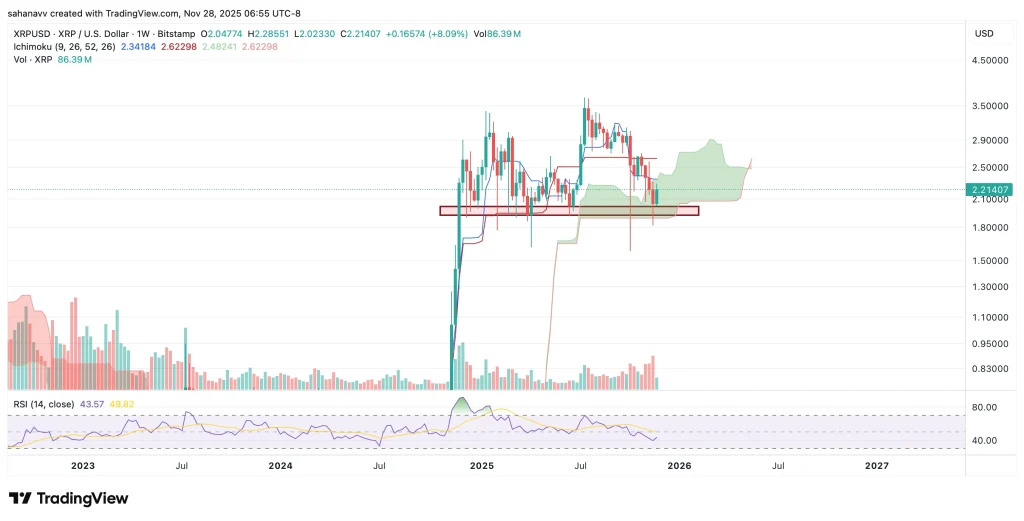DeFi's Resilience Defies Centralized Control Efforts
- Fold CEO asserts DeFi will survive centralized control attempts, emphasizing its open-access and user-sovereignty principles. - Regulatory scrutiny and cyber threats like credential theft and zero-day exploits highlight security challenges in DeFi. - Institutional interest and AI-driven security tools signal evolving infrastructure to mitigate risks and enhance resilience. - Short-term consolidation is expected as projects adapt to regulations, while decentralization resists unilateral control.
DeFi will survive efforts to make it a walled garden — Fold CEO
The decentralized finance (DeFi) ecosystem has faced increasing scrutiny from regulators and industry players seeking to impose more centralized controls. Despite these pressures, the CEO of Fold, a DeFi company, has expressed confidence that the space will ultimately survive and adapt. According to the CEO, attempts to impose a "walled garden" environment—where financial services are restricted by centralized authorities—do not align with the foundational principles of DeFi, which emphasize open access, transparency, and user sovereignty over assets.
Regulatory challenges and infrastructure vulnerabilities continue to pose threats to DeFi platforms. Recent reports highlight the growing sophistication of cyber threats targeting blockchain-related systems, including credential theft, ransomware, and exploitation of zero-day vulnerabilities in widely used software. These threats underscore the need for robust security measures within the DeFi sector. However, the CEO of Fold argues that these challenges do not equate to the collapse of DeFi, but rather a necessary evolution toward more secure and resilient protocols [1].
One of the key concerns in the DeFi space is the potential for systemic risk due to interconnected platforms and smart contract dependencies. In the event of a major exploit or regulatory intervention, the cascading effects could impact multiple participants. Nevertheless, the CEO maintains that the decentralized nature of DeFi offers inherent advantages over traditional financial systems, such as resistance to single points of failure and the ability to quickly adapt to new threats through community-driven governance [2].
Industry experts also note the growing interest in DeFi among institutional investors and developers. This trend is supported by the development of new tools and frameworks aimed at improving security and reducing the risk of exploitation. For instance, several companies have launched platforms designed to detect and mitigate emerging threats, including AI-powered anomaly detection and blockchain forensics. While these advancements are still in their early stages, they represent a critical step in strengthening the infrastructure underpinning DeFi [3].
As the DeFi landscape continues to evolve, it will likely face increased regulation and oversight. However, proponents argue that true decentralization ensures that no single entity can unilaterally control or shut down the system. This dynamic, they believe, will drive innovation and create new use cases that align with the decentralized ethos of the sector. The CEO of Fold emphasized that while some DeFi projects may not survive the regulatory and security challenges ahead, the core vision of open financial systems will endure [4].
In the short term, the DeFi ecosystem is expected to experience a period of consolidation and refinement. Projects that fail to address security and regulatory concerns may be forced to exit the market, while those that successfully adapt are likely to thrive. Analysts suggest that the coming months will be crucial in determining the long-term trajectory of DeFi, as developers, users, and regulators navigate the complex interplay between innovation, security, and compliance [5].
Source:

Disclaimer: The content of this article solely reflects the author's opinion and does not represent the platform in any capacity. This article is not intended to serve as a reference for making investment decisions.
You may also like
No wonder Buffett finally bet on Google
Google holds the entire chain in its own hands. It does not rely on Nvidia and possesses efficient, low-cost computational sovereignty.

HYPE Price Prediction December 2025: Can Hyperliquid Absorb Its Largest Supply Shock?

XRP Price Stuck Below Key Resistance, While Hidden Bullish Structure Hints at a Move To $3

Bitcoin Price Prediction: Recovery Targets $92K–$101K as Market Stabilizes